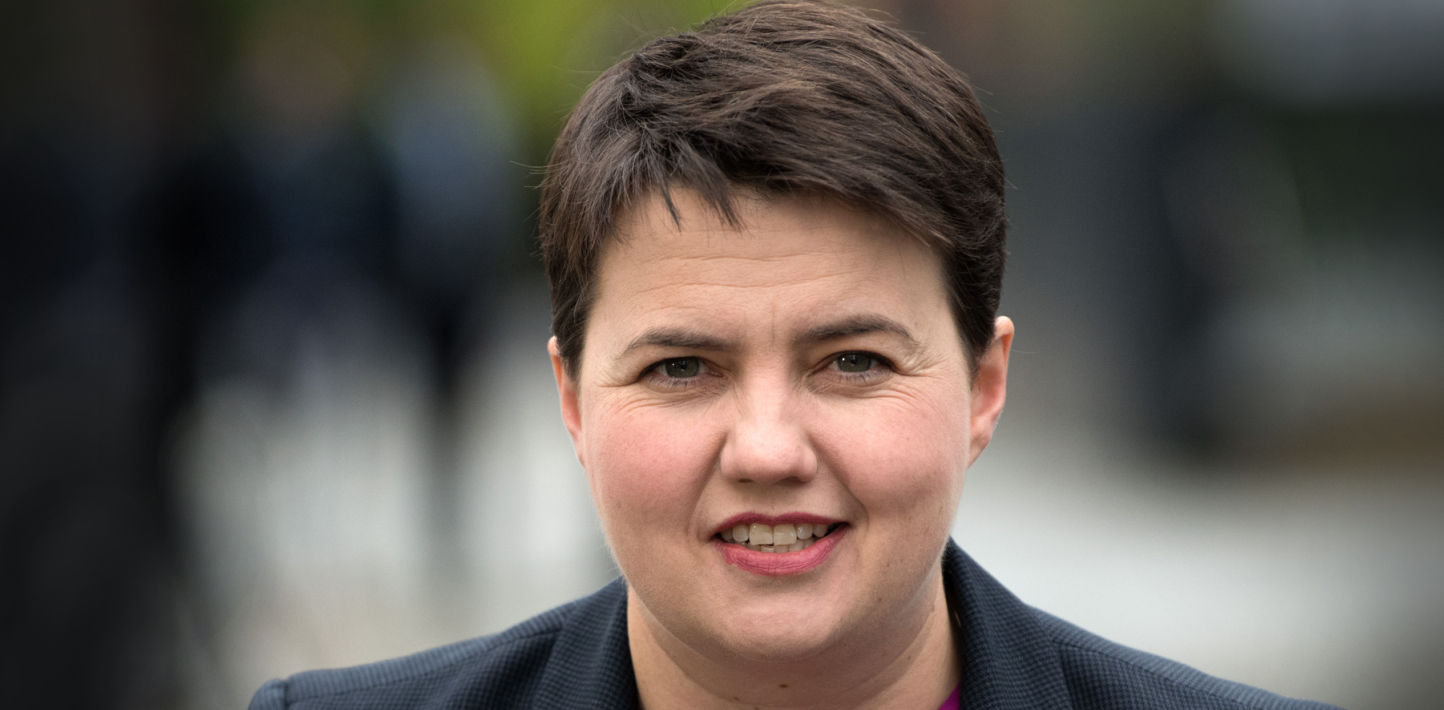There is an issue, I think, in online debate and discussion where it does go from criticism of a policy to straight outright abuse; being dismissive of somebody because of their appearance, because of their sexuality or because of their gender. All the ‘death threat’ stuff, the ‘wish you were dead’ things that we’ve had – that’s clearly crossed a line into abuse. I’m openly gay [and] particularly when I started, there was a lot of homophobic abuse. I have a lot of young gay followers on my twitter platform, and for me it’s always been quite important to call that out. Every now and again… I’ll retweet or push back on some of the homophobic abuse because I think it’s important that people see that that sort of language is not acceptable – you don’t have to take it.
The sheer volume [of the abuse] can sometimes make you feel a bit hunted online. At that point you just stop reading the mentions and just use it as a transmit function, rather than a transmit and receive function.
Have I bothered to report? I think in the beginning I probably did and not much happened, so I don’t now, which maybe isn’t the best example to set. I think that if we do want platforms to act in a more robust manner then we’ve got to keep up the level of complaint. I think that [online abuse] makes the whole online arena less warm, less engaging and less open for people – and that’s a shame because it’s a tremendous tool.
Just because you’re saying something on a keyboard and not to someone’s face, doesn’t mean it doesn’t matter. There needs to be an understanding of the seriousness of what this is – rather than the kind of frivolous ‘Oh they only said it on Twitter, so it doesn’t matter’. Actually, it does.


